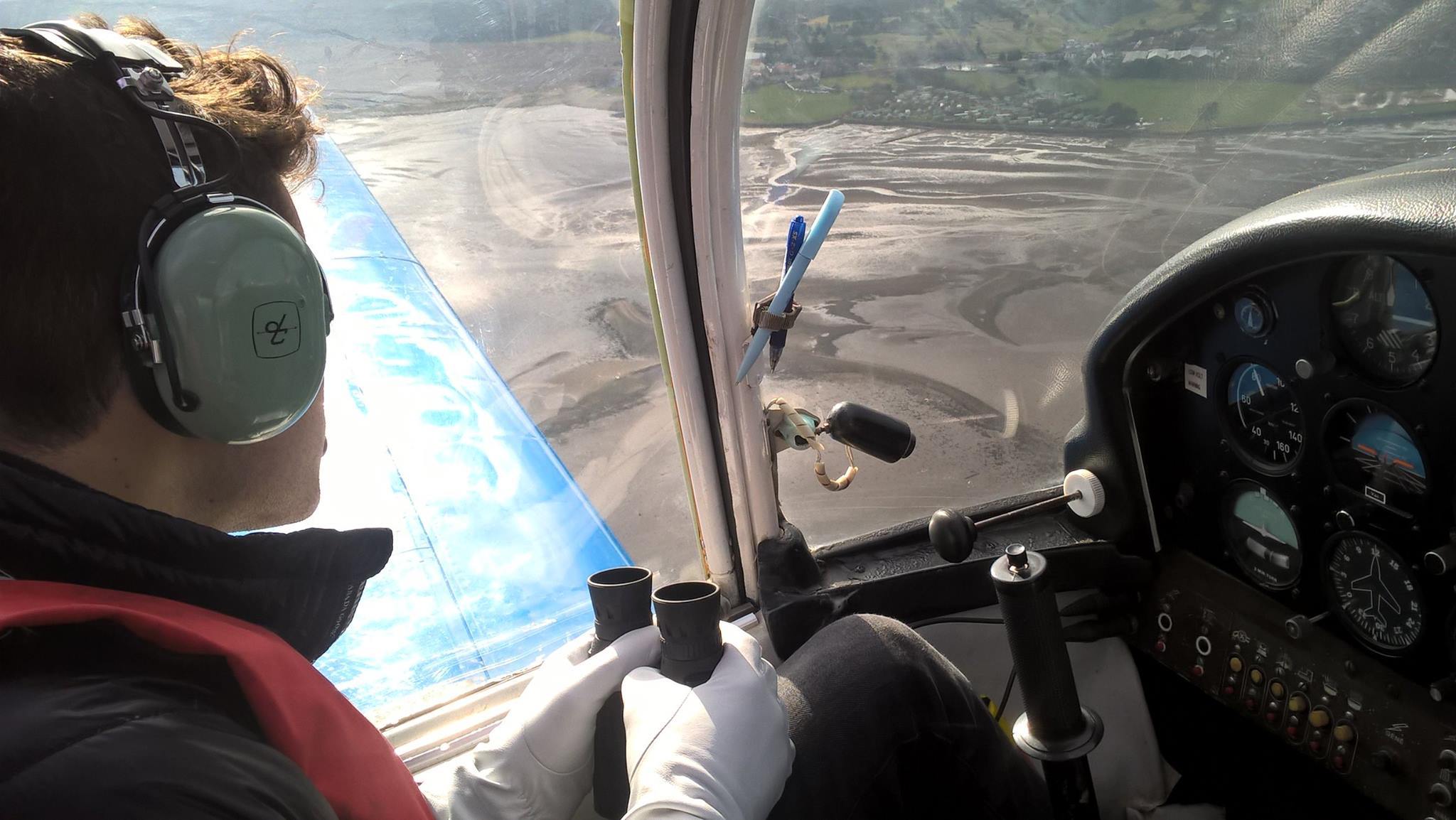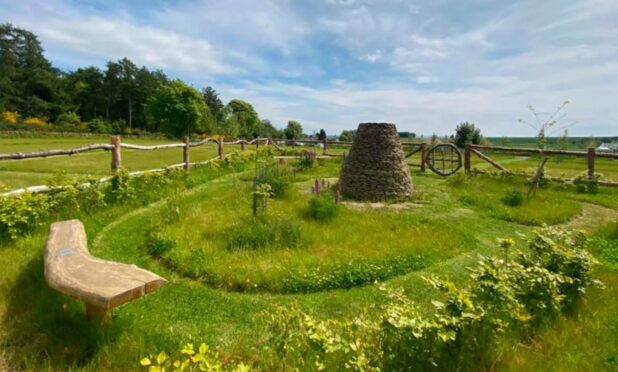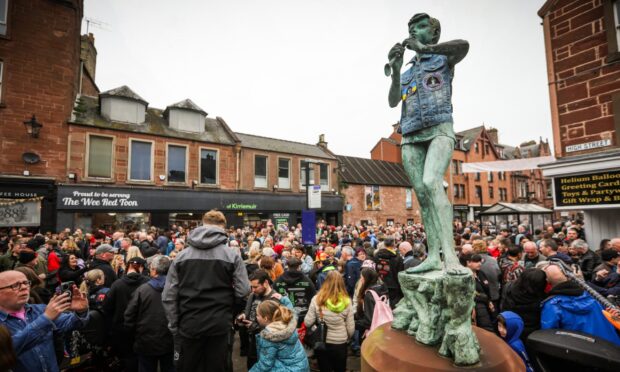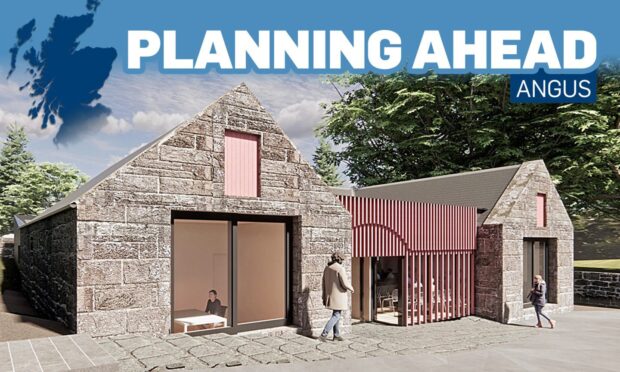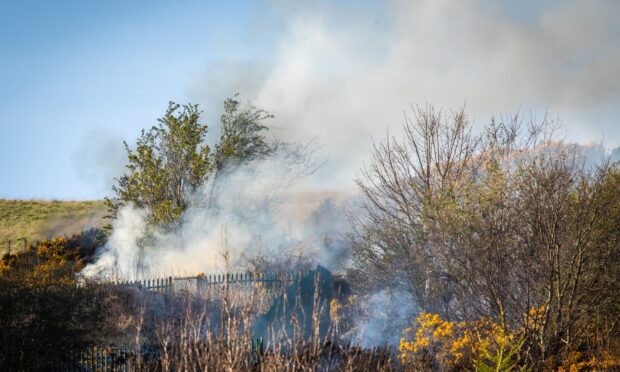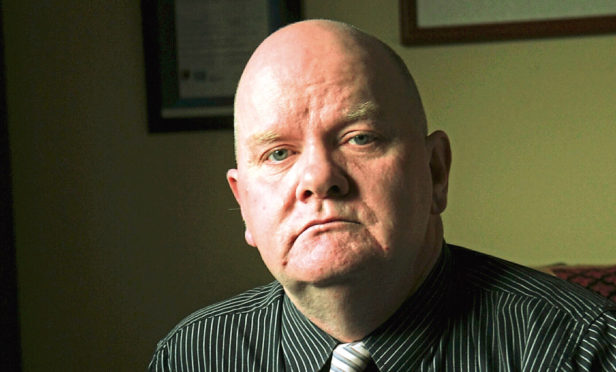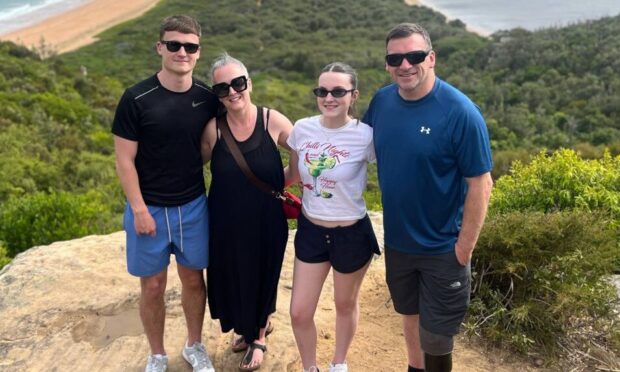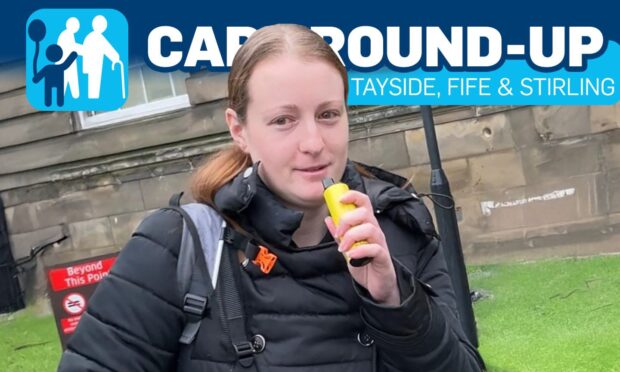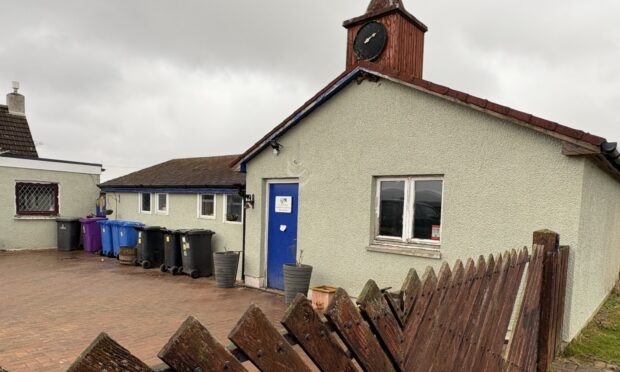Volunteer pilots continuing the search for the body of a missing Tayside teenager have been hailed for their efforts.
Ralph Smith, 18, from Dundee, is presumed dead after falling from Arbroath cliffs around 1pm on Saturday February 25 during a family walk.
Police called off the rescue operation after a week but volunteers from the UK Civil Air Patrol Scotland (UKCAPS) have continued the search.
UKCAPS undertook multiple searches along the Arbroath coast on Saturday from the harbour up to Corbie Knowe at Lunan Bay which has left Ralph’s family and friends overwhelmed.
The family have taken to social media to thank the volunteers for their efforts and said they appreciated all they were doing from the bottom of their hearts.
A spokesman for UKCAPS said: “Although the weather earlier in the day was poor, it improved sufficiently for three Perth-based aircraft to spend a number of hours on a concentrated search of the cliffs to the north of the town. “Visibility in the search area was excellent, with binoculars used to provide a detailed view of that component of the coastline only visible from the sea and air.
“Although a number of objects were spotted that were investigated further, none of these turned out to be significant.
“Our thoughts continue to be with Ralphie’s family and friends.”
Most of the volunteer pilots in Scotland were previously in the RAF or police forces and have tens of thousands of hours’ flying experience.
They search with the naked eye and also carry binoculars so if the observer spots anything he can tell the pilot to turn and they can go back and look.
UKCAPS are committed to continuing to search for Ralph and the volunteers are said to have been left “humbled” by the family’s kind words.
The purpose of UKCAPS is to provide occasional airborne assistance to first responders, agencies, groups or individuals who would otherwise not have access to such a facility.
UKCAP Scotland has aircraft, pilots and observers based all over the country operating from permanent airfields and farm strips.
This ensures maximum flexibility and reduces transit time by air to the scene of assistance.
